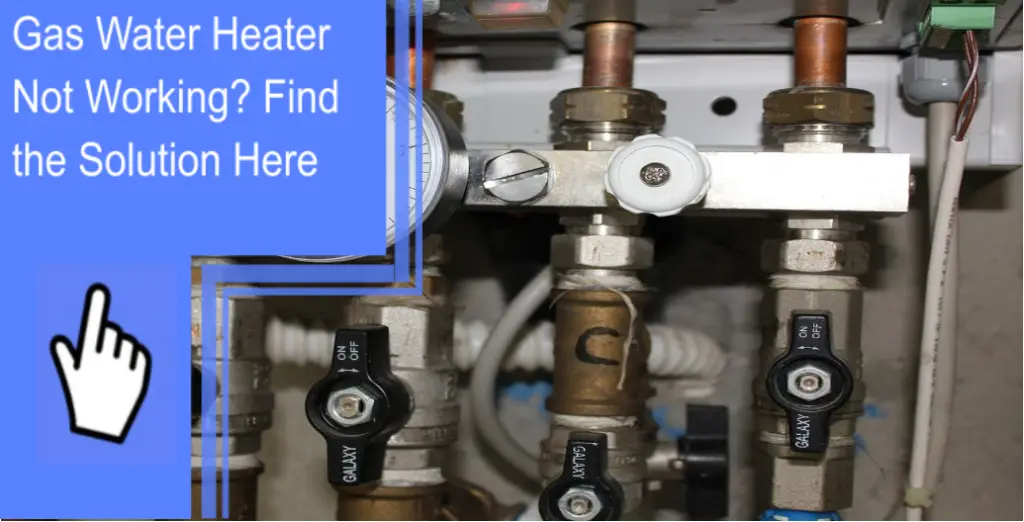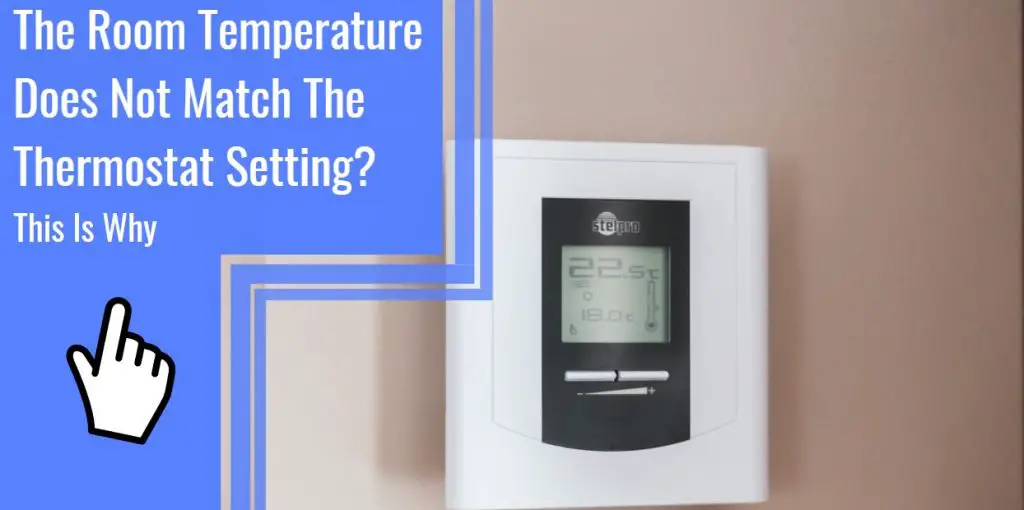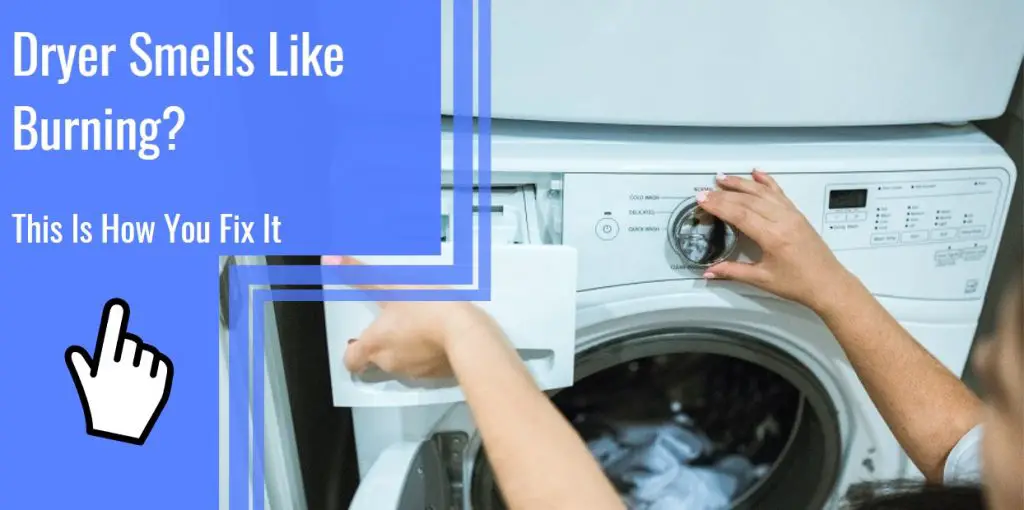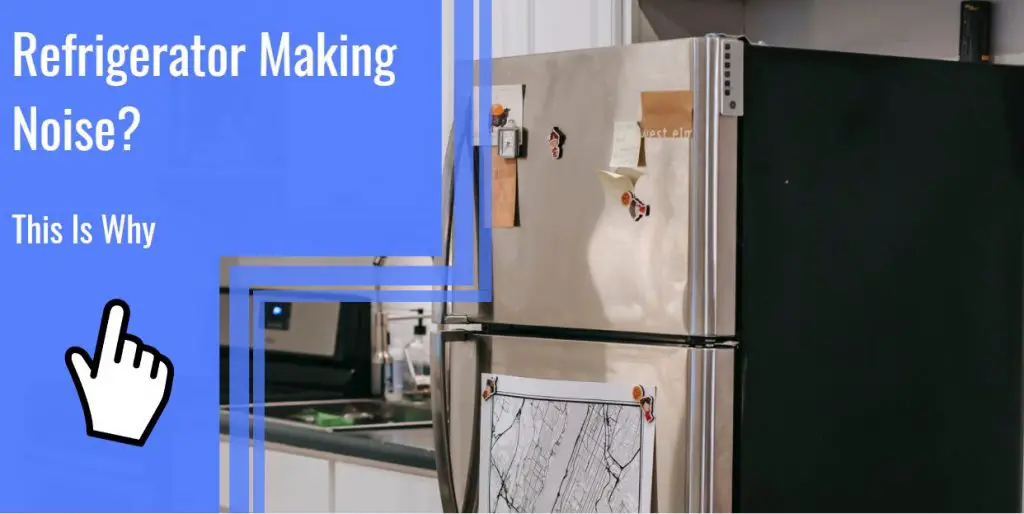What you find on this page:
Modern gas water heaters are built to last for a long time. In fact, almost all of them have remarkably long warranties, and your only hope is that you can use them for several years trouble-free.
Unfortunately, the combination of water, heat and all other components that make water heaters work are prone to problems. These issues are inevitable, and although most are not fatal, it’s vital that you correctly diagnose the cause of your gas water heater not working to repair or solve it.
If your gas water heater is not working, you’ve come to the right place. This article guides you on how to diagnose heater problems, such as having no hot water in the house, and how to go about fixing them.
No Hot Water Causes and Solutions
Below are the primary reasons for a broken water heater and some gas water heater troubleshooting tips.
Pilot Does Not Turn On
First, you must always follow the right procedure when turning on the pilot.
Check to verify that there’s a tiny spark caused by your pilot. If you observe no spark, the water heater is not igniting, so there’s no gas reaching the pilot. Possible causes and solutions include:
- A defective thermocouple: Inspect your gas water heater thermocouple for defects. If it’s broken or loose, or if it doesn’t work well, replace it. Also, ensure it’s in the right position, and clean its tip.
- Air in the gas line: If you just installed your water heater, the gas line may be full of air. Hold the pilot knob for some time. This will purge the air from the line, and your pilot will light.
- The gas supply pipe’s gas valve is off: The pilot won’t light if the valve is turned off or faulty. Check to ensure it’s open. Its handle should be parallel to the gas supply pipe. If the valve is faulty, replace it.
- A malfunctioning gas control valve or low gas pressure could also result in your hot water tank, not lighting. If you suspect a malfunctioning gas control valve, call an HVAC technician or your gas company immediately.
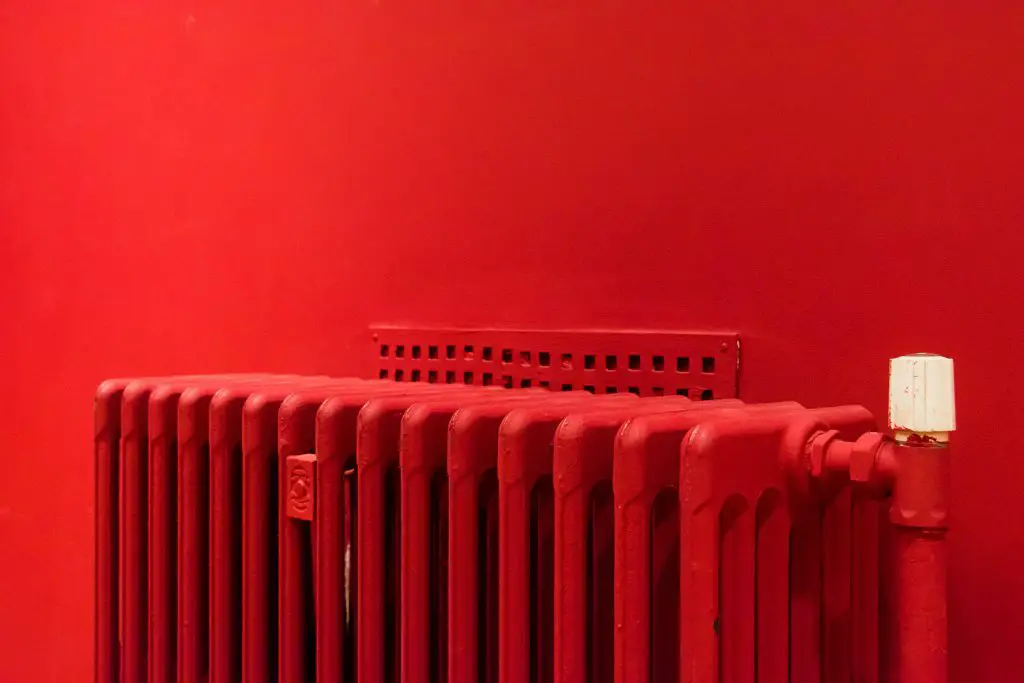
Pilot Refuses to Stay Lit
If the pilot lights but then goes out, the problems causing this are no different from those that prevent the pilot from lighting. First, ensure you have covered the pilot burner well. Otherwise, a gust of wind can turn it off.
Sometimes, when a pilot does not stay lit, it’s due to a dirty or clogged orifice, causing a small, unsustainable flame. The solution is straightforward. Remove any debris and dirt clogging the orifice.
A defective thermocouple is another reason the pilot won’t remain lit.
A partially or fully clogged vent can also be the cause. Always ensure you keep your gas water heater vent clear to allow free flow of gas to the pilot.
If the pilot keeps going out, troubleshoot by clicking the door switch (also known as the high-limit reset switch). You’ll find it near the viewing door at the bottom of the water tank. To reset, just push this switch’s button until you hear a click. You can try relighting your pilot again.
If you own an electric water heater, try adjusting the thermocouple’s position in the thermostat assembly, as this is likely the cause of the issue.
Water Too Hot
If the water from your gas water heater is too hot, check the thermostat settings. Chances are it’s set too high, requiring you to adjust.
To adjust a thermostat set too high is easy. Just turn it down.
The thermostat temperature should be safe at all times. According to most manufacturers, the ideal thermostat temperature setting should be 120 degrees.
If resetting the thermostat doesn’t do the trick, it’s time to check the temperature-pressure valve.
A faulty pressure valve means your gas water heater won’t shut off after reaching the correct temperature. Such a dangerous situation requires immediate action. Replace the faulty valve unhesitantly.
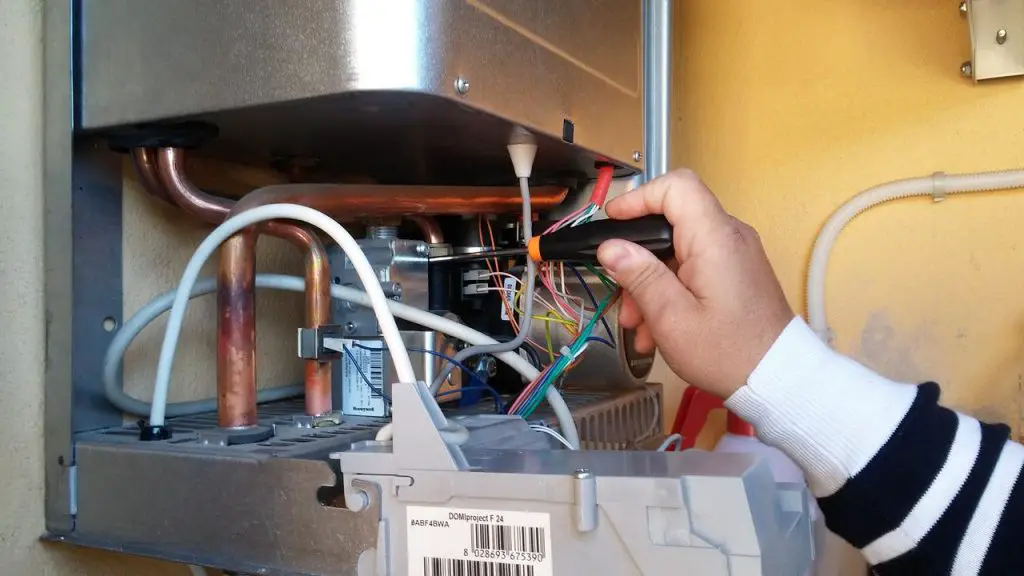
Main Burner Does Not Stay Lit
Another cause of the gas water heater not working – or if your hot water doesn’t stay hot for long – could be the main burner not staying lit. Once more, your thermocouple may be the culprit.
A faulty thermocouple will relay to the gas valve signals that are incorrect. The result is gas ceases to flow to the burner. The solution is to replace this faulty component.
A fully or partially clogged vent can also cause the main burner not to stay lit. Therefore, always ensure the vent is clear to prevent such a problem.
Hot Water Tank Is Leaking
A leaking water tank is a clear sign something’s wrong. The problem might be bigger, depending on the location of your tank.
Your water tank has four potential spots where the leakage is likely to occur–the water lines, the drain valve, the pressure relief valve, and the tank itself.
If there’s water on the floor around your gas water heater, it might indicate the leakage is in the pipes connected to it or the pressure relief valve. If leakage is from the water heater inlet and outlet pipe, it’s due to loose connections. You need to tighten them using a wrench. And if the leak is in valves, the solution is to replace them.
If the leak is from the tank itself, it’s a bit more of a cause of concern. The leakage may result in tank corrosion. Mind you, you cannot repair a leaking or corroded tank. The solution would be to replace your water heater entirely.
Pressure Relief Valve Leaking
It’s very rare for the pressure relief valve to leak. However, it can vent water which seems like a leak. A pressure relief valve will vent water mainly due to:
- Excessively high pressure in the water tank: You should address this issue as soon as possible.
- A defective valve: A faulty valve is likely to vent even when there’s no issue- the valve falls to the open position once it goes bad. Such a pressure relief valve tends to have a shorter useful lifespan than other valves. If you must replace it, do it, and you’ll have solved the problem.
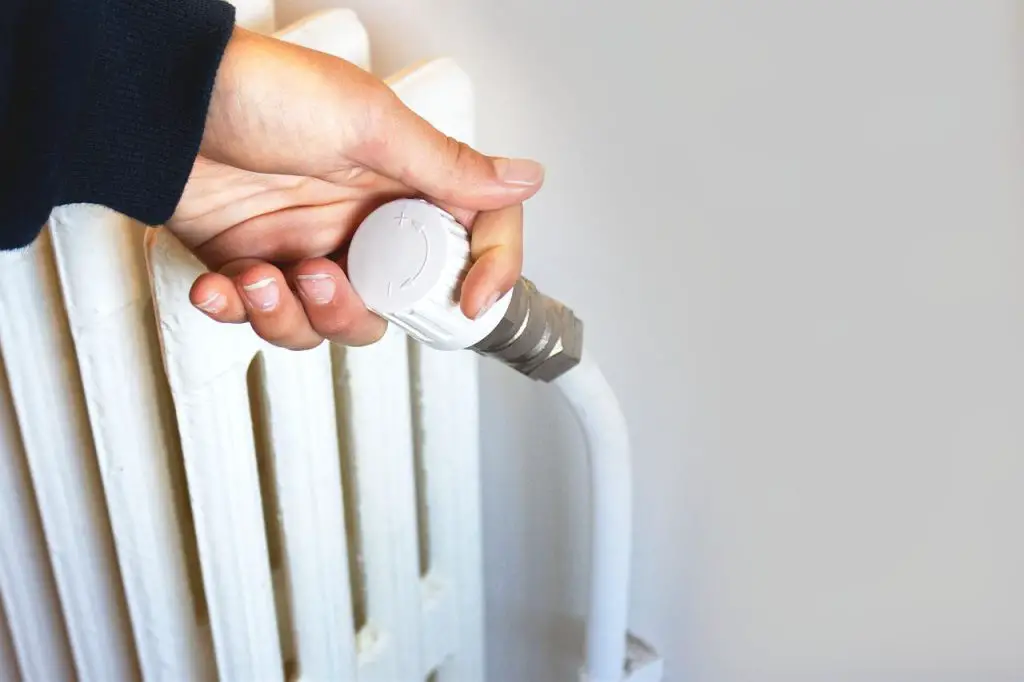
The Water Pressure is Low
Low water pressure can also result in your gas water heater not working properly. Often, this is caused by having pipes that are not wide enough. If you live in an older home, you probably have ½ inch pipes. On the other hand, most modern homes usually have ¾ inch pipes.
Low water pressure problems in older homes are rarely due to the boiler. In most cases, the problem lies with the pipe width. Consider fitting your home with wider pipes, which will get the job done.
If the pipe diameter is okay, but still the pressure is low, especially for galvanized steel pipes, chances are they’re clogged with mineral deposits. Similarly, the answer to such pipes is to replace them. Consider calling in a plumber to assist.
Remember, the wider the pipe, the higher the water pressure and vice versa. Pressure between 45 and 55 psi is ideal. If your water pressure is below 40, it’s too low. You can also have a plumber install a water pressure booster. Nevertheless, be cautious not to overdo it. Too high pressure (above 80 psi) can wear your plumbing excessively.
It Takes a Longer Time to Heat Water
If you realize that your water heater is taking too long to heat water, several reasons could be the possible cause. These include:
- Faulty heating elements: If one of your heating elements fails, water may take longer to heal or may not heat enough. Check all the heating elements, and replace any that has gone bad.
- A faulty thermostat: If your thermostat is not working, it may result in slow water heating. If the setting is low, consider turning it up. During winter, you’re heating groundwater that arrives colder than in summer. Also, consider turning your thermostat up to speed up the heating.
- Sediment build-up: If sediment builds up in your tank, it may result in slower water heating, taking longer to produce hot water. If this is the case, you might have to buy a new water heater.
Conclusion
From the pilot not turning on to hot water not coming out or even water not as hot as usual, there are many signs that your gas water heater is not working correctly. So what happens when your water heater goes out? Thankfully, most of the issues we’ve covered in this article are solvable with ease, and you can iron them out within no time all by yourself.
More importantly, identify the issue early enough and don’t hesitate to rectify it. And if your gas hot water heater problems are beyond you, or you deem it risky, always consult an expert.
The good news is that with this guide, you have a pretty good idea of where to start if your gas water heater is not working.

